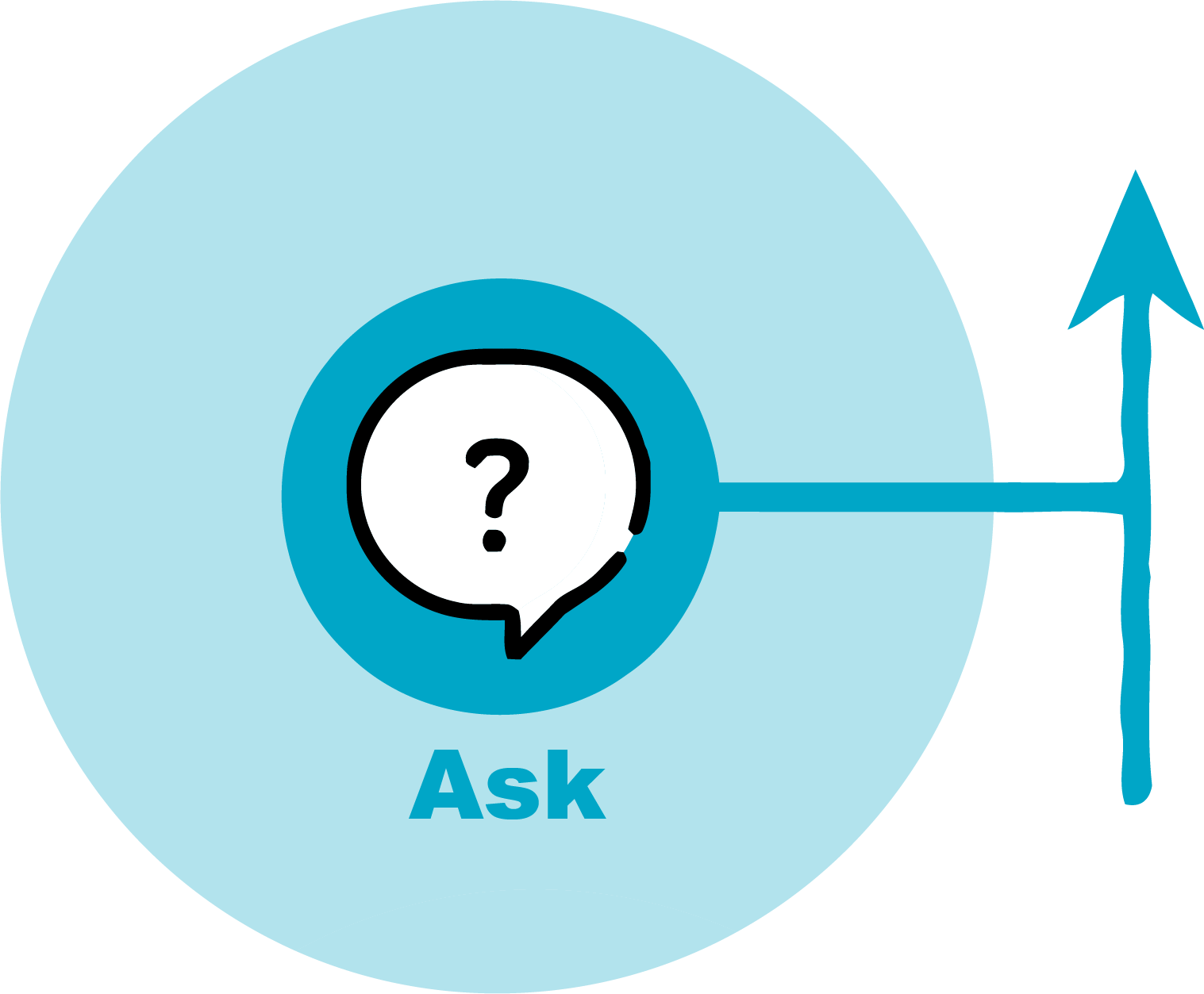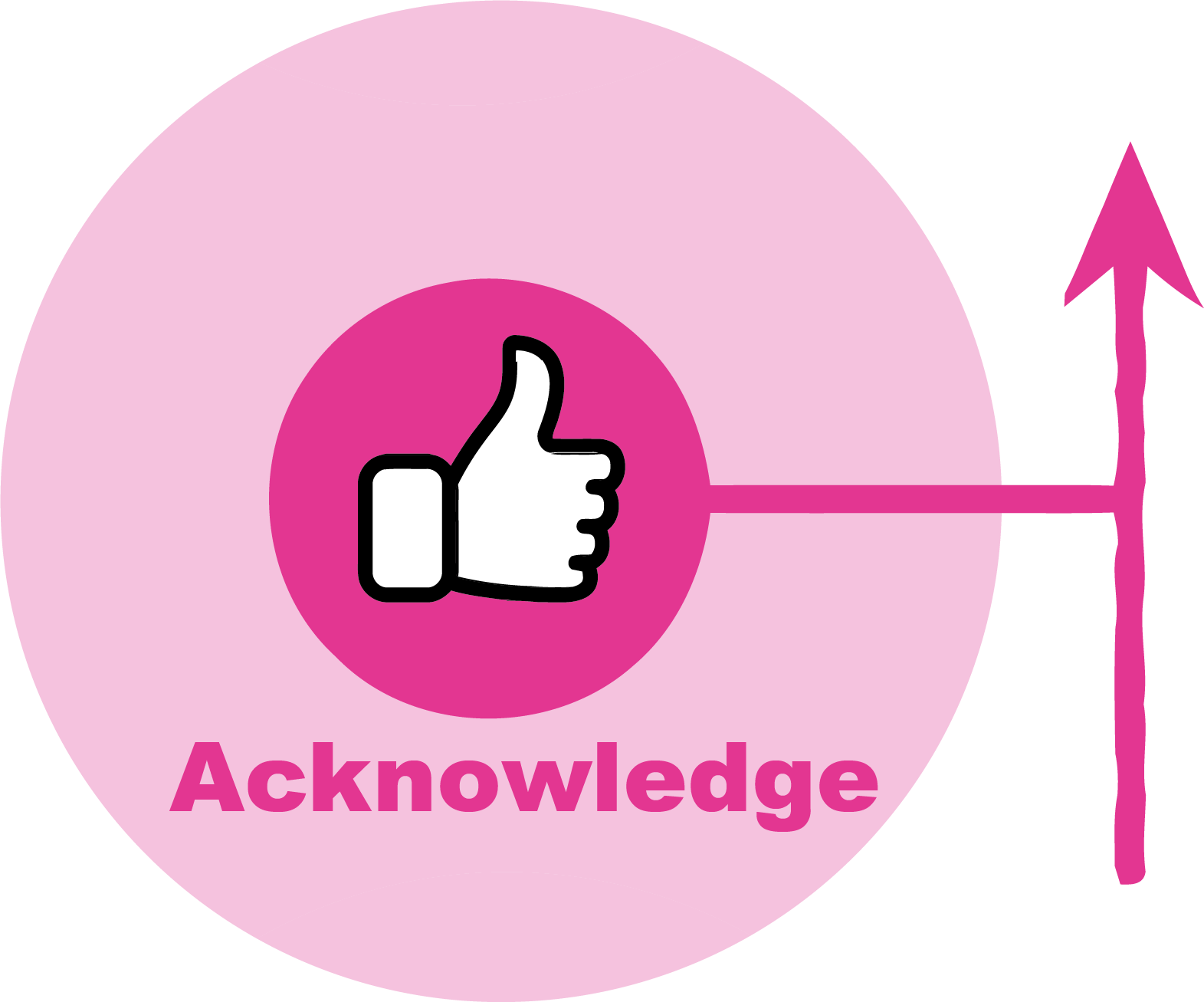Before diving into the types of family advocacy, let’s define what we mean by family advocacy. We think of family advocacy as human-to-human, personal engagement. It’s not abstract, statistics-driven data but real voices with real stories working to help real people make the best choices to keep our children safe. You don’t need to be a vaccine expert (we have scientists and public health professionals for that). You just need to be part of a family and want the best for all families.
When thinking about advocating for vaccines, remember that there are a lot of ways to do it. So if one doesn’t seem like your cup of tea, you can still be an effective advocate another way. The four main types of family-based advocacy are:
- Peer-to-Peer
- Community-Based
- Online
- Legislator Education
Let’s take a brief look at how to make each work for you.
Peer-to-Peer
This is probably the most common form of advocacy. It’s essentially just a conversation between two people. That is as easy – and as difficult – as it sounds. It’s easy because we talk with each other all the time. And hard because conversations with people who are hesitant about vaccines can be tricky. But Peer-to-Peer advocacy is crucial because it provides a trustworthy place for people with questions about vaccines to talk about them with someone they trust.
But some helpful hints can make these conversations much easier and much more effective. Some things to remember…
- Don’t let the perfect be the enemy of the good. Yes, you are going to make mistakes. You might be frustrated or worried you’ve misstepped. It’s okay! As long as you are honest and kind, you’ll do fine.
- What you think of as “convincing” can seem like “coercion” to the other person. So tread lightly. Listen carefully, Assure people you are not trying to make their decisions for them but are trying to give them accurate information to help them make their own decisions.
- Encourage questions! Many people feel like they are not “allowed” to ask questions because “the science is settled.” And while the science is settled about vaccines, it doesn’t mean we can ask questions to better understand it.
- Behaviors change attitudes faster than attitudes change behaviors. People make unconscious decisions to trust us (or not) based on how we say something, more than what we say. So be a role model for trustworthy behavior. Listen – no seriously, really listen. You’re having a conversation, not giving a speech. Be informed and supportive. Be an ally.
- It’s a journey, not a destination. Not every vaccine-hesitant person is a refuser – in fact, most are not. They have questions that need answers and that can take time. Conversations about vaccines are not a “one and done.” It takes time, so be patient, have realistic expectations, and don’t push too hard.

How to frame the conversation
When talking with a vaccine-hesitant person, here’s our “4-A Approach.” This approach helps families feel respected and heard, and empowers them to make positive health decisions
Four steps. Easy to remember. Winner winner, chicken dinner! Here it is...

“What is your main concern?” Encourage the person to be specific and name what they are most hesitant about. “What is the thing that concerns you most...can you tell me more about it?”

Recognize that the person you are talking to already has knowledge. “It’s clear you’ve really looked into this.”

Affirm that it is OK to have questions. "That's a great question, I heard that too so I looked into it.”

Get permission to share some facts. “Can I share with the facts...” OR “Can I get you some credible sources so your research helps you make an informed decision?”

Community-based
Community-based advocacy is a great type of advocacy for people who are natural networkers and are involved in, or want to be better connected to, their community.
While Peer-to-Peer advocacy is about that personal connection, community-based advocacy is about creating and reinforcing social norms. Community-based advocacy normalizes vaccination by ensuring it is positively presented in all aspects of a community. And it importantly ensures that the majority of us (because most of us do support vaccination) have the loudest voices.
So how to be effective at Community-based advocacy?
Here are some great activities:
- Ensure your library has credible vaccine books. Work with your library to create a vaccine highlight table
- Work with your school and PTA on vaccine education
- Ask community groups to host vaccine-related events, partners may be:
- 4H: This is a natural partner because vaccination is very important in animal husbandry
- Faith-based organizations: Another natural because most faith leaders believe spiritual and physical
health are tied together. And protecting their congregants is part of their job. - Rotary
- Parent groups or neighborhood organizations
- Write an OpEd for your local paper
- Volunteer with your state or local immunization coalition
- Coordinate an “ask the expert” table during back to school nights
- Ask local employers about a health and wellness day or flu vaccination clinic for their employees
Engaging community partners
Most community partners are willing to support activities that will benefit the community at large.
Ask for things that are easy to say yes to:
- A Girl Scout Science Badge that focuses on vaccination
- A talk with 4H clubs that draw parallels between keeping herds and humans healthy through vaccination
- Messages in bulletins and newsletters of places of worship on the importance of the flu shot
Online
Social media. Ugh. Unfortunately, this is where a lot of the “conversations” happen. They can be challenging and frustrating because sometimes all the rules around polite discourse seem to go down the tubes. But there are things you can do.
- Join pro-vax groups to be informed about the facts as well as connect with other like-minded people
- Post pro-vax memes/graphics
- Promote online education opportunities
- Report misinformation
Some things to remember about online engagement.
- Don’t escalate: be polite and don’t pick fights. But at the same time, if someone crosses a line, politely but firmly call out bad behavior – whether it’s trolling or bullying.
- Don’t fall down the rabbit hole: Some anti-vaxxers will continue to try to engage you with no intention of have meaningful dialogue. Don’t. If someone is so far down the anti-vax rabbit hole, you’re not going to change their mind, especially online. Politely bow out.
Get more tips on engaging online in the social media advocacy section and learn more about engaging vaccine-hesitant people effectively in the vaccine hesitancy toolkit.
Legislator Education
Learn to be compelling storytellers! Being a storyteller involves both art and science. And we’ve all seen the difference between a great storyteller and a mediocre presenter. Look in the resources section for some great storytelling tools and trainings, and resources. Our resource section also has some tools to help you write letters to your legislators and local news outlets.
© Voices for Vaccines. Excerpts and links may be used by websites and blogs, provided that full and clear credit is given to Voices for Vaccines, with appropriate and specific direction and links to the original content. Parents, providers, advocates, and others may download and duplicate toolkits in print, without alteration, for non-commercial use and with full and proper attribution only.
